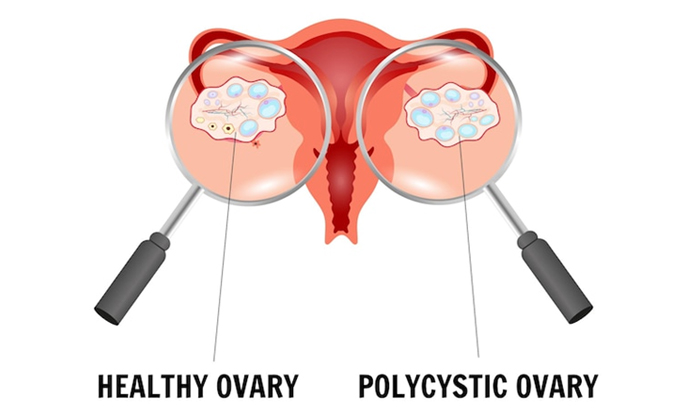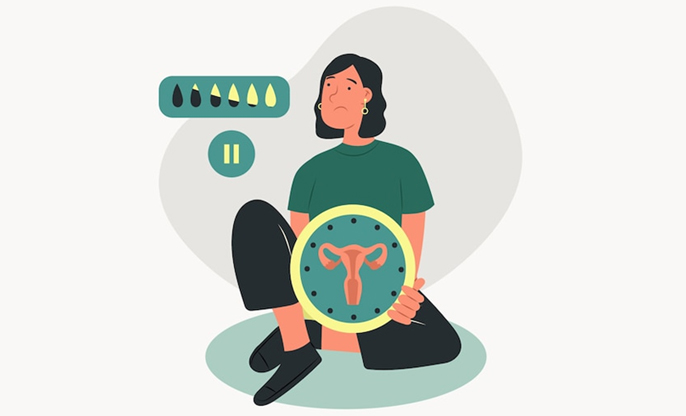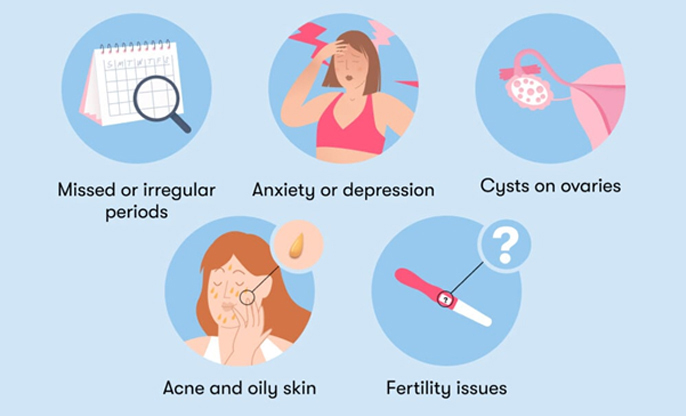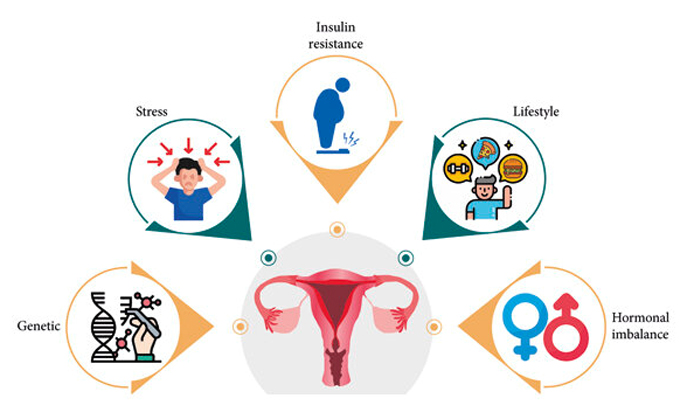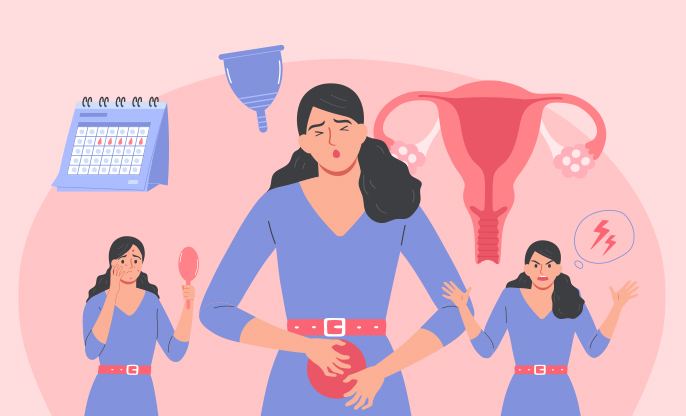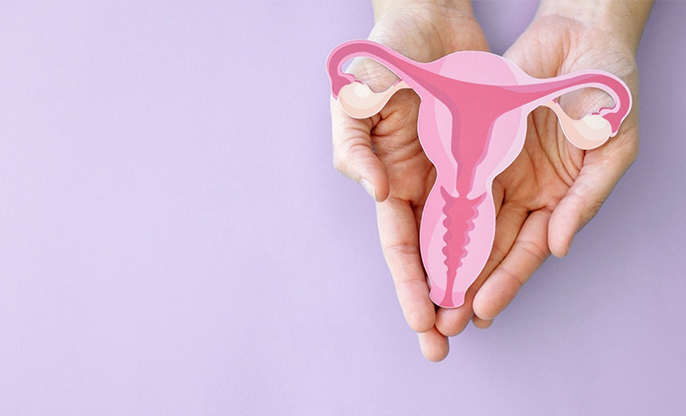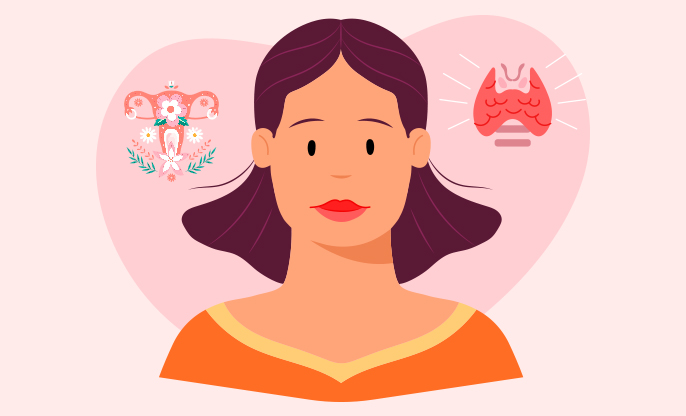
Living with both Polycystic Ovary Syndrome (PCOS) and thyroid disorders can feel like a double challenge, as each affects our body in ways that seem to echo and amplify the other. Here, let’s explore how these conditions intertwine, affecting our health and daily life, and how we can manage them together effectively.
Feeling the
Connection Between PCOS and Thyroid Health
While PCOS primarily disturbs our ovarian function and thyroid
disorders impact the thyroid gland in our neck, both disrupt our hormonal
harmony and metabolism. This connection can make symptoms like weight
fluctuations and fatigue feel more intense, intertwining in a way that demands
careful, coordinated care.
Shared Struggles
We might notice overlapping symptoms like changes in our weight, more
hair loss than usual, irregular periods, or difficulty in conceiving. These
shared signs make it crucial to have a thorough evaluation, ensuring nothing is
missed in our diagnosis and treatment plan.
Diagnosis
To untangle the symptoms of PCOS and thyroid issues:
● Blood Tests: We need a full
hormonal profile, checking everything from thyroid-stimulating hormone (TSH) to
testosterone levels.
● Ultrasounds: These can show
if there are cysts on our ovaries or check for any abnormalities in our thyroid
gland.
● Symptom Review: Discussing all our symptoms in detail helps differentiate between the impacts of each condition.
Strategies for
Managing Our Health
Managing both conditions simultaneously means being proactive and
mindful about our treatment and lifestyle:
- Medications:
○ For
thyroid issues, treatments like Levothyroxine help manage hypothyroidism.
○ For PCOS,
options might include Metformin to boost insulin sensitivity or birth control
pills to regulate our cycles.
- Lifestyle Choices:
○ Eating a
balanced diet supports both thyroid function and PCOS management. Being mindful
of goitrogenic foods, which can affect the thyroid, is also helpful.
○ Regular
exercise not only helps manage our weight but also improves insulin sensitivity
and hormone balance.
- Keeping Track:
○ Regularly
monitoring our symptoms and hormone levels allows us to adjust our treatment as
needed.
- Integrated Care:
○ Working closely with a team - perhaps including our gynecologist, endocrinologist, and nutritionist - ensures comprehensive care that addresses all aspects of our health.
Living with PCOS and a thyroid disorder means being attuned to our bodies and proactive in our approach to health. It's about understanding our bodies' signals and responding with the right treatments and changes. Together, with the right support and knowledge, we can manage these conditions not just to alleviate symptoms but to thrive.
